A cracked tooth can be painful, stressful, and worrisome. While dental treatment is the most reliable solution, many people wonder if there are natural ways to manage the problem at home. If you’ve ever searched for “how to fix a cracked tooth naturally”, you’re not alone. Millions experience cracked or chipped teeth every year due to accidents, grinding, biting hard foods, or underlying decay.
While you cannot fully heal a cracked tooth without professional dental care, there are natural remedies and home methods that can reduce pain, prevent infection, strengthen surrounding enamel, and provide temporary relief until you see a dentist. According to the American Dental Association (ADA), untreated cracks can worsen and eventually require crowns, root canals, or extractions. That’s why knowing how to manage a cracked tooth naturally at home is helpful for short-term comfort and oral health.
In this article, we’ll explore:
- Causes of cracked teeth
- Symptoms to watch for
- 10 effective natural methods for relief and protection
- Preventive tips to avoid worsening the crack
- When to seek professional help
Let’s dive into the natural methods, but first, understand why cracks happen and what to look for.
- What Causes a Cracked Tooth?
- Signs and Symptoms of a Cracked Tooth
- How to Fix a Cracked Tooth Naturally at Home: 10 Methods
- Can a Cracked Tooth Heal Naturally?
- Professional Treatments for Cracked Teeth
- Prevention Tips for Stronger Teeth
- Key Takeaways
- FAQs About How to Fix a Cracked Tooth Naturally
- Conclusion
What Causes a Cracked Tooth?
A cracked tooth may develop for several reasons:
- Chewing hard foods (ice, nuts, hard candy)
- Accidental trauma (falls, sports injuries)
- Teeth grinding (bruxism)
- Weakened enamel from cavities or large fillings
- Sudden temperature changes in the mouth (like eating hot soup then ice water)
- Aging, as enamel thins naturally
👉 Note: Even small hairline cracks can deepen over time, so it’s important not to ignore them.
Signs and Symptoms of a Cracked Tooth
You might have a cracked tooth if you experience:
- Sharp pain when biting down
- Sensitivity to hot, cold, or sweet foods
- Intermittent toothache that comes and goes
- Swelling of the gums near the tooth
- A visible line or chip on the tooth surface
📌 Note: If pain increases when chewing or the tooth feels “loose,” this may indicate a serious crack or underlying infection.
How to Fix a Cracked Tooth Naturally at Home: 10 Methods
Here are 10 safe, natural methods to relieve discomfort and protect your tooth at home. Remember: These methods are temporary and do not replace dental treatment.
1. Saltwater Rinse
A warm saltwater rinse can reduce inflammation, kill bacteria, and clean the cracked area.
- Mix ½ teaspoon of salt in a glass of warm water
- Rinse your mouth for 30 seconds, twice daily
This helps prevent infection around the cracked tooth.
2. Clove Oil for Pain Relief
Clove oil contains eugenol, a natural pain reliever with antibacterial properties.
- Soak a cotton ball in diluted clove oil
- Apply directly to the sore tooth for relief
Tip: Always dilute with carrier oil (like olive oil) to avoid gum irritation.
3. Garlic Paste for Natural Protection
Garlic is a natural antimicrobial that helps reduce bacterial buildup.
- Crush one clove of garlic
- Mix with a pinch of salt and apply gently to the tooth
It helps minimize infection risk and provides mild pain relief.
4. Turmeric Paste for Inflammation
Turmeric has anti-inflammatory and antibacterial properties.
- Mix turmeric powder with water or coconut oil
- Apply paste to the cracked tooth area
It soothes gums and supports oral healing.
5. Cold Compress for Swelling
If your cracked tooth causes swelling or throbbing pain:
- Wrap ice in a cloth and place on cheek near the tooth
- Hold for 10–15 minutes at a time
This numbs pain and reduces swelling.
6. Hydrogen Peroxide Rinse
Hydrogen peroxide (3% solution) can disinfect and reduce pain.
- Mix equal parts hydrogen peroxide and water
- Swish gently for 30 seconds, then spit
It helps kill harmful bacteria but should not be swallowed.
7. Aloe Vera Gel
Aloe vera has soothing and antibacterial effects.
- Apply fresh aloe gel to the cracked area
- Let it sit for a few minutes before rinsing
It reduces irritation and supports gum health.
8. Green Tea Rinse
Green tea contains antioxidants that support oral healing.
- Brew strong green tea, let it cool
- Rinse mouth twice a day
It may reduce bacteria and strengthen enamel.
9. Oil Pulling with Coconut Oil
Oil pulling helps reduce bacteria and toxins in the mouth.
- Swish 1 tablespoon of coconut oil for 10–15 minutes
- Spit out, then rinse with warm water
This promotes gum health and protects the cracked tooth.
10. Avoid Hard Foods & Protect the Tooth
Sometimes the best natural remedy is prevention.
- Avoid nuts, candy, ice, or tough meats
- Chew on the opposite side
- Consider a temporary dental wax or sugarless gum cover if the crack has sharp edges
📌 Note: Protecting your cracked tooth from further stress is as important as soothing the pain.
Can a Cracked Tooth Heal Naturally?
Unfortunately, a cracked tooth cannot fully repair itself. Enamel does not regenerate once damaged. However, these natural methods can:
- Reduce pain and sensitivity
- Prevent bacterial infection
- Slow down crack progression
- Provide comfort until dental treatment
👉 According to WebMD, ignoring a cracked tooth may lead to cavities, pulp infection, or even tooth loss.
Professional Treatments for Cracked Teeth
Natural remedies are temporary. Long-term solutions require a dentist. Common treatments include:
- Dental Bonding – Resin material repairs minor cracks
- Dental Crown – Covers and strengthens a cracked tooth
- Root Canal – If pulp is infected
- Extraction – For severely damaged teeth
📌 Note: If your cracked tooth is painful when biting, professional care is essential to save it.
Prevention Tips for Stronger Teeth
- Brush twice daily with fluoride toothpaste
- Floss daily to remove plaque
- Wear a mouthguard if you grind teeth
- Avoid chewing hard foods and ice
- Visit dentist for regular checkups
Key Takeaways
- You can’t completely fix a cracked tooth naturally, but home remedies like clove oil, garlic, turmeric, and saltwater rinses provide relief.
- Always see a dentist for permanent treatment such as bonding, crowns, or root canals.
- Prevention and oral hygiene are critical to avoid worsening cracks.
FAQs About How to Fix a Cracked Tooth Naturally
Can you fix a cracked tooth naturally at home?
You cannot permanently fix a cracked tooth naturally, but remedies like clove oil, garlic, and saltwater rinses can ease pain and protect the tooth until dental care.
What is the best natural remedy for a cracked tooth?
Clove oil for tooth pain relief and saltwater rinses for infection control are the best natural remedies for a cracked tooth. They soothe discomfort and protect enamel.
How long can I manage a cracked tooth at home?
Home remedies for a cracked tooth provide temporary relief, but cracks can worsen. Dentists recommend seeking treatment within days to prevent infection or tooth loss.
Can garlic or turmeric heal a cracked tooth naturally?
Garlic and turmeric cannot heal enamel but can help reduce pain, swelling, and bacteria. They are supportive remedies while waiting for professional cracked tooth treatment.
When should I see a dentist for a cracked tooth?
See a dentist immediately if pain worsens, gums swell, or chewing becomes difficult. Home remedies help, but professional treatment is required to fix a cracked tooth.
Conclusion
Learning how to fix a cracked tooth naturally is valuable for temporary relief, but professional dental care is the only long-term solution. Use remedies like clove oil, garlic paste, saltwater rinses, and cold compresses to reduce pain and infection risk, but do not delay treatment.
Taking care of your teeth with proper hygiene, preventive habits, and timely dental visits ensures a healthy smile for years to come.
Disclaimer: The content provided in this article is for educational and informational purposes only. It does not substitute professional medical advice, diagnosis, or treatment. For guidance specific to your dental condition or recovery, please consult your dentist, oral surgeon, or licensed healthcare provider.



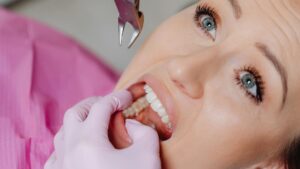

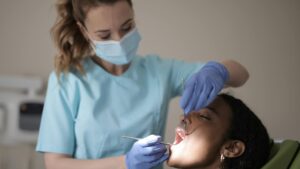



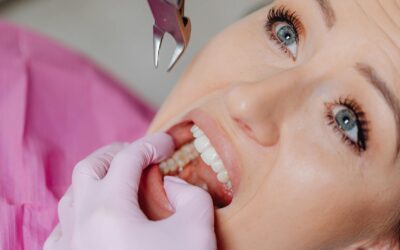



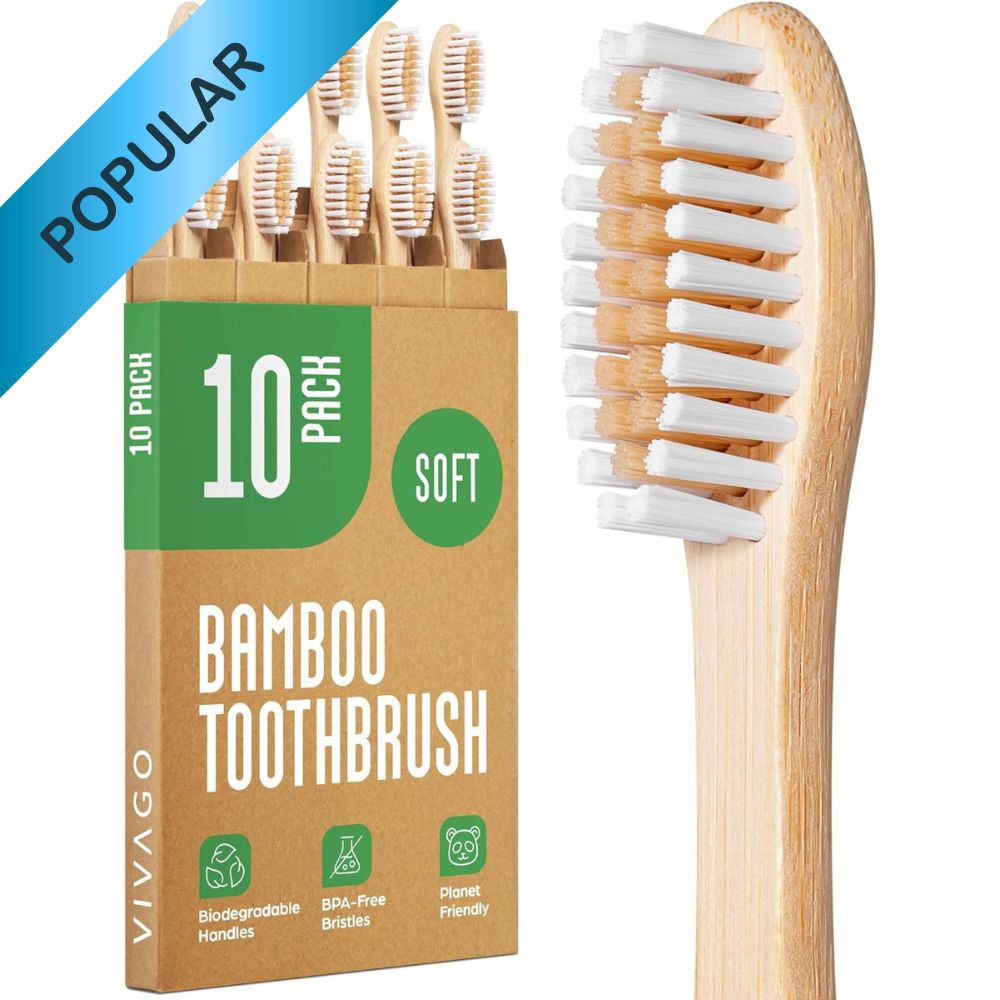




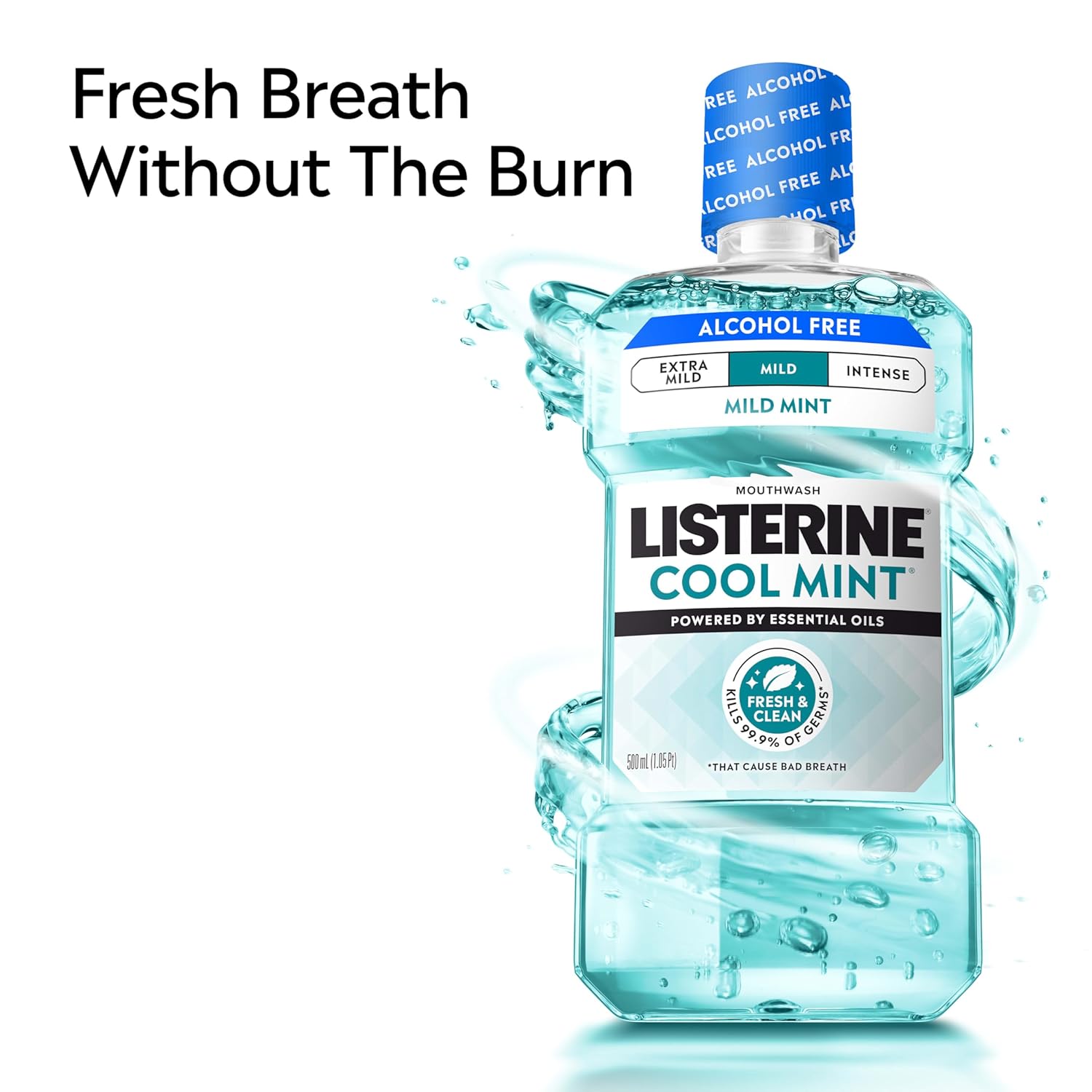
0 Comments